

2018-01-03 08:38:00 Wed ET
technology social safety nets education infrastructure health insurance health care medical care medication vaccine social security pension deposit insurance
President Trump targets Amazon in his call for U.S. Postal Service to charge high delivery prices on the ecommerce giant. Trump picks another fight with an online retail giant that he has criticized during the presidential campaign. Now U.S.P.S. runs a substantial net loss and serves as an independent agency within the federal government with minimal tax dollars for operating expenses. Package delivery has become an increasingly important part of U.S.P.S. business because the Internet has led to a sharp decline in the amount of first-class letters.
U.S.P.S. delivers 60%+ of Amazon packages with about 4 million parcels per day during the current peak year-end holiday shipping season. Amazon's other major carriers are UPS and FedEx that collectively account for about 30% of Amazon parcels. Both UPS and FedEx have long voiced their key concerns and complaints about U.S.P.S. cost structure. In fact, U.S.P.S. deficit has ballooned to about $62 billion, and this situation cannot sustain in the long run. If the Trump administration induces U.S.P.S. to charge more on Amazon packages, the ecommerce giant may pass higher costs onto key American consumers and small businesses. Worldwide delivery operations may become too expensive to the detriment of consumers. The status quo remains a time-worn impasse between ecommerce and postal service.
If any of our AYA Analytica financial health memos (FHM), blog posts, ebooks, newsletters, and notifications etc, or any other form of online content curation, involves potential copyright concerns, please feel free to contact us at service@ayafintech.network so that we can remove relevant content in response to any such request within a reasonable time frame.
2019-04-27 16:41:00 Saturday ET
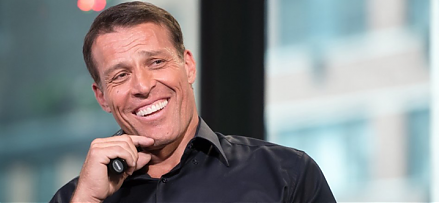
Tony Robbins suggests that one has to be able to make money during sleep hours in order to reach financial freedom. Most of our jobs and life experiences tr
2017-01-11 11:38:00 Wednesday ET
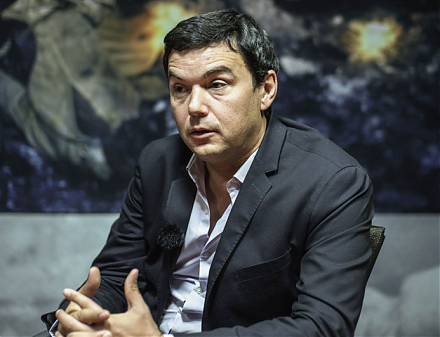
Thomas Piketty's recent new book *Capital in the Twenty-First Century* frames income and wealth inequality now as a global economic phenomenon. When
2023-10-28 12:29:00 Saturday ET
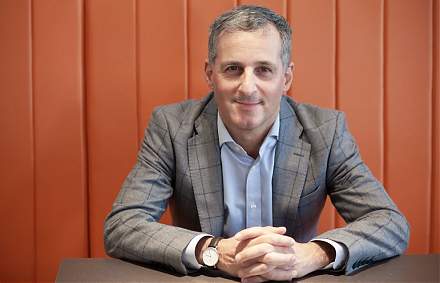
Paul Morland suggests that demographic changes lead to modern economic growth in the current world. Paul Morland (2019) The human tide: how
2017-05-07 06:39:00 Sunday ET

While the original five-factor asset pricing model arises from a quasi-lifetime of top empirical research by Nobel Laureate Eugene Fama and his long-time co
2018-11-07 08:30:00 Wednesday ET
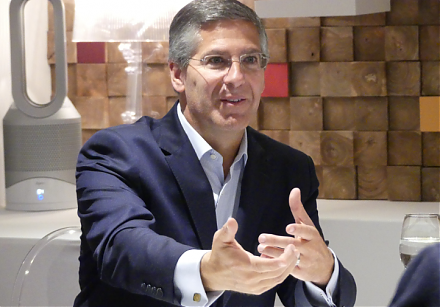
PwC releases a new study of top innovators worldwide as of November 2018. This study assesses the top 1,000 global companies that spend the most on R&D
2021-11-22 11:29:00 Monday ET
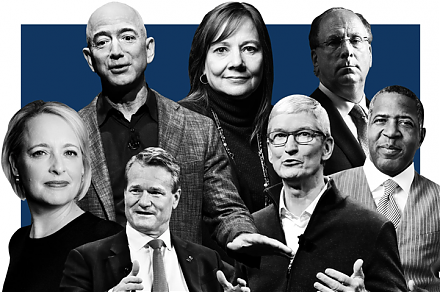
U.S. judiciary subcommittee delves into the market dominance of online platforms in terms of the antitrust, commercial, and administrative law in America.